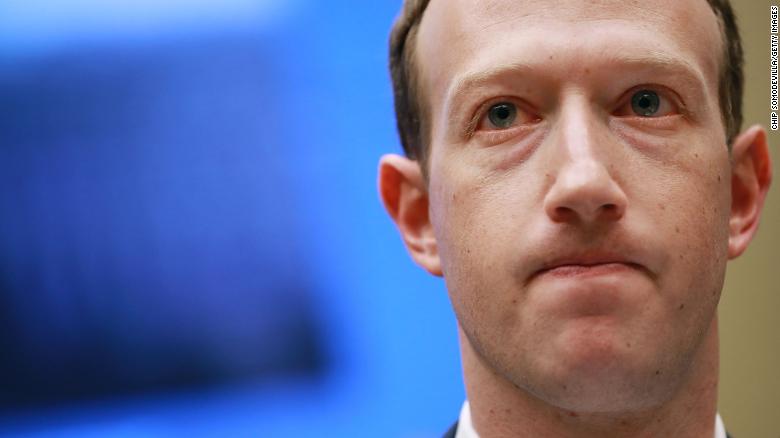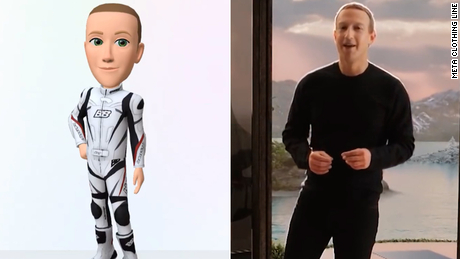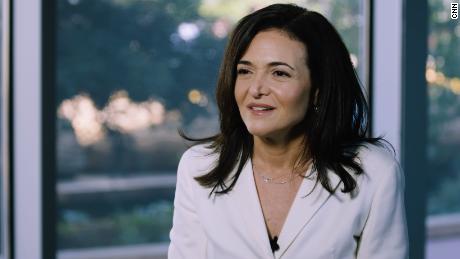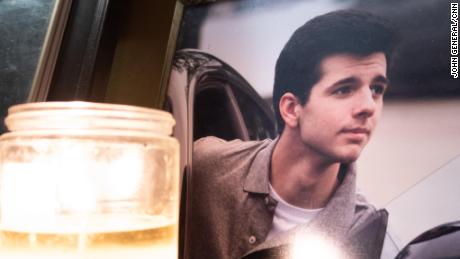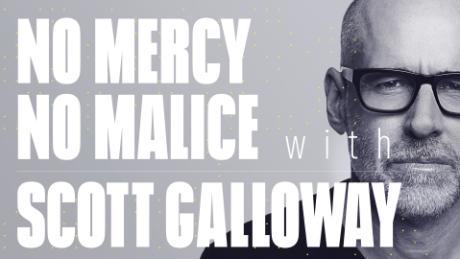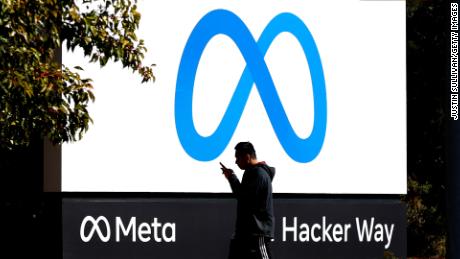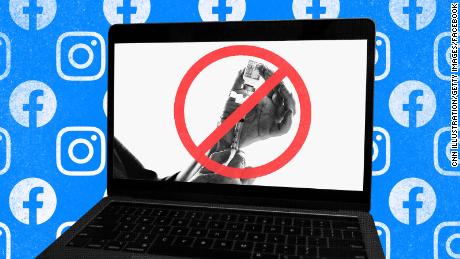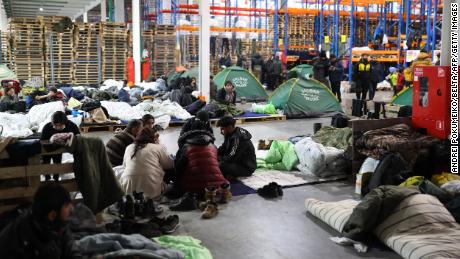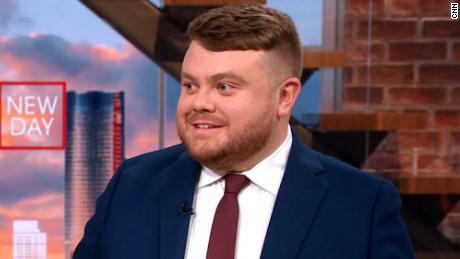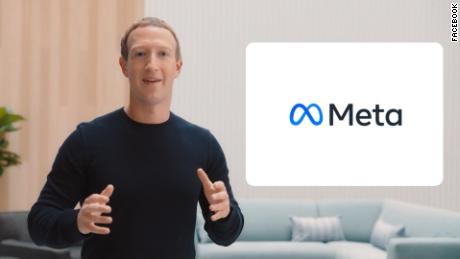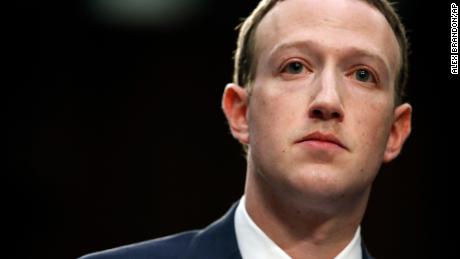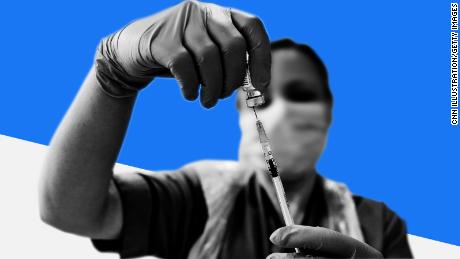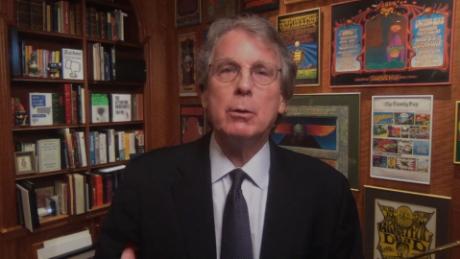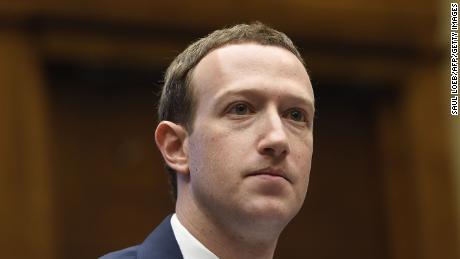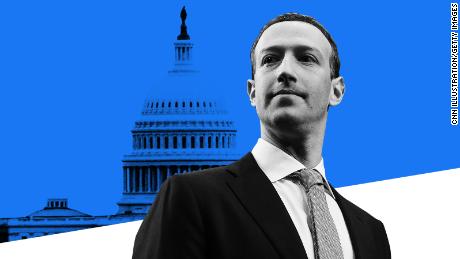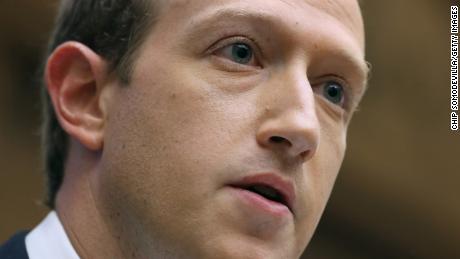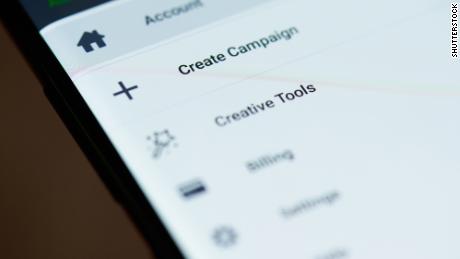(CNN Business)Civil rights and activist groups blasted Facebook's leadership on Tuesday after meeting with CEO Mark Zuckerberg and other executives to discuss the demands of a large advertiser boycott that now includes hundreds of brands.
"The meeting we just left was a disappointment," said Rashad Robinson, the president of Color of Change. "[Facebook] showed up to the meeting expecting an 'A' for attendance."
Free Press, a media activist group and one of the organizers of the #StopHateForProfit campaign to halt ad spending on the social network, said Facebook still has not taken the boycott's calls to action seriously.
"Instead of committing to a timeline to root out hate and disinformation on Facebook, the company's leaders delivered the same old talking points to try to placate us without meeting our demands," said Free Press Co-CEO Jessica Gonzalez. "Facebook approached our meeting today like it was nothing more than a PR exercise."
In a statement, Facebook spokesman Andy Stone said the company has established new policies banning voting and census suppression and removed more than 200 white supremacist organizations from the platform.
"This meeting was an opportunity for us to hear from the campaign organizers and reaffirm our commitment to combating hate on our platform. They want Facebook to be free of hate speech and so do we," the statement said. "We know we will be judged by our actions not by our words and are grateful to these groups and many others for their continued engagement."
A long list of big and small businesses, including household names like The North Face, Pfizer (PFE) and Levi Strauss (LEVI), have joined the pressure campaign over the social network's handling of hate speech and misinformation. The companies participating in the protest have vowed to pull their ads from Facebook and Instagram for at least the month of July.
The protest came after Facebook decided not to take action on a series of controversial posts from President Donald Trump ŌĆö including one during racial justice protests that said "looting" would lead to "shooting." Facebook and Zuckerberg came under pressure from employees and politicians, but the ad boycott represented a more direct potential threat to the social network's core business.
The meeting on Tuesday lasted for a little over an hour, and was conducted via Zoom, said Jonathan Greenblatt, CEO of the Anti-Defamation League. The meeting included Zuckerberg, COO Sheryl Sandberg, chief product officer Chris Cox, and members of the Facebook policy team, he said.
The campaign had called on participating brands to ask for 10 changes that touch on seemingly every aspect of how Facebook operates, from the ads it allows to run on the platform to the makeup of its leadership team and its content moderation policies.
The list includes demanding that Facebook hire a C-Suite executive with "deep" civil rights experience to assess products and policies for discrimination, bias and hate. The organizers are also calling for Facebook to pledge to do regular, independent audits of hate and misinformation; remove public and private groups focused on hate or violent conspiracies and stop the recommendation and reach of such groups; and give all moderators anti-bias and hate-related training in the next 90 days.
The group also wants Facebook to ban political ads with blatant lies, which the company has faced criticism for allowing in the past. Facebook has previously defended the policy, saying it does not want to censor political speech.
Greenblatt said the groups methodically outlined their demands in the meeting, such as the call for a new civil rights executive position at Facebook, but got no commitments or timeframes for change.
"We had 10 demands and literally, we went through the 10, and didn't get commitments or timeframes or clear outcomes," said Greenblatt. Zuckerberg came to the meeting expressing appreciation for the opportunity to hear the nuances of the groups' position, Greenblatt added. "And we said: 'There is no nuance in white nationalism.'"
Many of the organizations expressed disappointment with what they said were repeated dialogues with few results.
"For over 2 years, NAACP has entered into dialogue," said Derrick Johnson, president of the NAACP. "We've watched the conversation blossom into nothingness."
Gonzalez told CNN Business she is "really tired of the vague promises," and that her organization might not join future meetings with Facebook.
"I don't know that I would sit down again until they've actually made some commitments," she said.
Robinson said his previous meeting with Facebook ŌĆö along with the apparent futility of the meetings ŌĆö was what helped to inspire the boycott campaign.
"At the June 1st meeting, I kept saying, 'What are we even doing ŌĆö Mark, why are we meeting?' It was at that point that I knew we would move into a boycott mode," said Robinson. "Facebook has our demands and recommendations, and so any other meetings need commitments."
In a Facebook post Tuesday morning, Sandberg said the company would release on Wednesday the final report in a two-year-long civil rights audit of the company.
"It has helped us learn a lot about what we could do better, and we have put many recommendations from the auditors and the wider civil rights community into practice," Sandberg wrote. "While we won't be making every change they call for, we will put more of their proposals into practice soon."
Civil rights groups expressed skepticism about the report's likelihood of leading to changes.
"It's only as good as what Facebook ends up doing with the content," said Robinson of Color of Change. "It's like going to a doctor, getting a new set of recommendations about your diet, and not doing anything about it and wondering why you're not any healthier."
